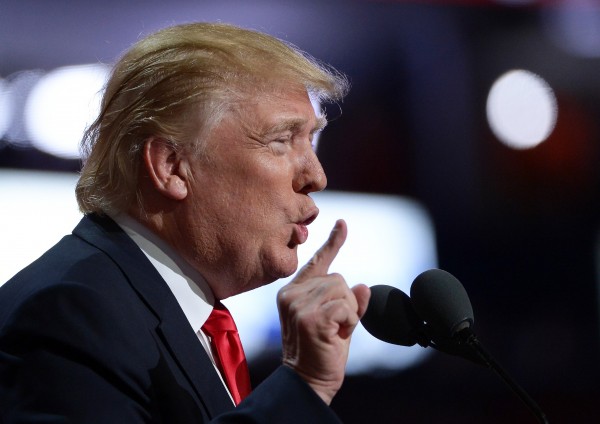

Follow us on:  
|


Trump hinted that he was willing to be flexible in applying the tariffs to allies [Xinhua]
On Thursday, Trump said he was willing to examine the tariffs on an individual country-by-country basis.
This markes a somewhat departure from his statements just three days ago in which he blamed the European Union as a whole for unfair trade practices.
“I’m sticking with 10 and 25 (percent) initially. I’ll have a right to go up or down, depending on the country, and I’ll have a right to drop out countries or add countries,” he said during a televised cabinet meeting at the White House on Thursday.
Late on Wednesday, US Treasury Secretary Steven Mnuchin said that Canada and Mexico may be exempt from the new trade tariffs if America is able to successfully renegotiate the North American Free Trade Agreement with them.
“As the president just announced, Canada is a very significant partner that buys steel and sells steel,” Mnuchin said.
“To the extent that we’re successful in renegotiating NAFTA, those tariffs won’t apply to Mexico and Canada.”
Both Canadian and Mexican leaders have been frantically in touch with the White House since last weekend in hopes of securing some type of committment that they would be exempt.
Most world leaders and institutions said the tariffs would lead to a trade war and negatively impact US manufacturers.
These statements have helped push up the MSCI benchmark emerging stocks index by 0.6 per cent on Thursday.
The MSCI Emerging Markets Index, which measures equity market performance in some 26 emerging countries (including Mexico) and accounts for 10 per cent of the world market capitalization, is up 29.37 per cent year-to-date.
BRICS countries make up 48 per cent of the MSCI Emerging Markets Index.
The BRICS Post with inputs from Agencies